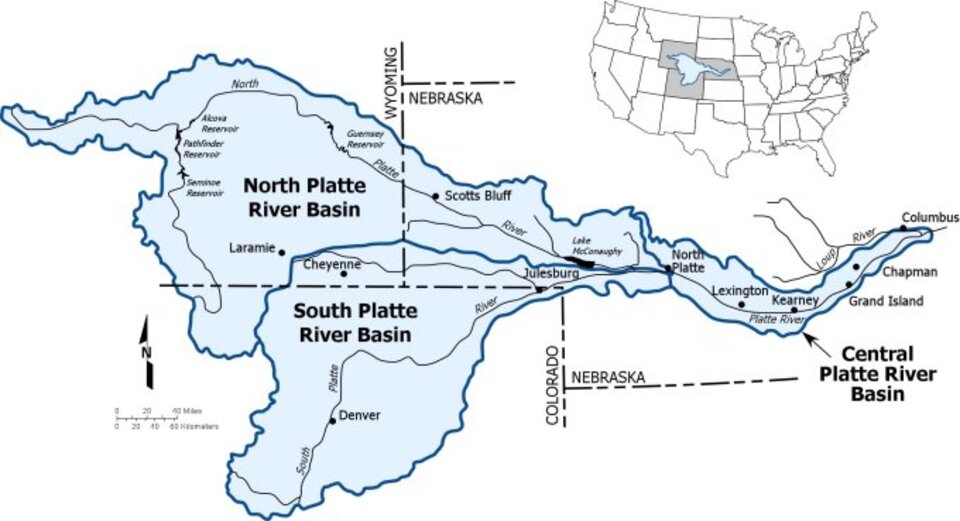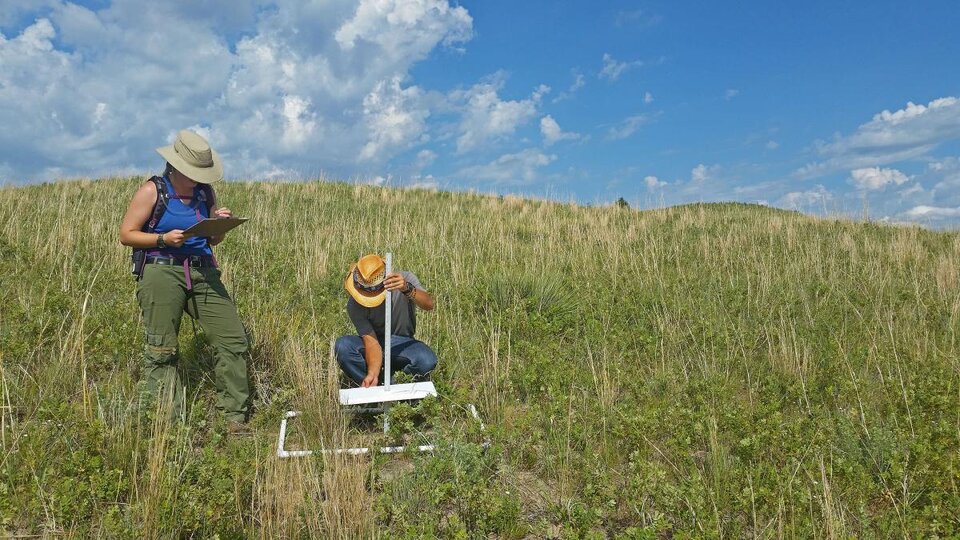Content
Much of the world—including the United States—faces increasing conflict as Earth’s human population continues to grow while the supply of good clean water decreases. Water shortages and the struggle to determine how much should be used for agriculture, industry, recreation, wildlife and drinking spark legal and policy battles. In addition, pesticides, pollution, invasive species, climate change and droughts threaten the availability of good clean water. Resolving these complex issues requires the best scientific information and training of natural resource scientists, managers, engineers and policymakers.
The National Science Foundation established a National Research Traineeship program at the University of Nebraska-Lincoln to address this need.
The University of Nebraska-Lincoln NRT program trained master’s and doctoral students in understanding the resilience of agricultural ecosystems, particularly the Platte River Basin in Nebraska. The NRT students came from multiple disciplines—the natural, computational, engineering, agricultural and social sciences—to study panarchy theory, novel sensing technologies and modeling, adaptive management and policy interventions. They strove to develop tools that could collect, synthesize and analyze data to inform decisions and policies for managing water resources. They hoped to keep the Platte River Basin and other agroecosystems healthy and resilient for all who depended upon them at the time and for generations to come.
Researching the Platte River Basin: A Multiscale Approach to Social-Ecological Resilience
The focal landscape for Nebraska NRT research was the Platte River Basin of the North American Great Plains, although findings of the program could have applied to landscapes worldwide. Individual research project objectives included—but were not limited to—elucidating scales of coupling among social, ecological and economic variables; developing and refining multiscale models of groundwater discharge and recharge; and evaluating the social-ecological effects of alternative scenarios with roots in various policies.

Project Funding

Project Funding
In 2017, the National Science Foundation awarded the University of Nebraska-Lincoln a five-year, approximately $3-million grant to establish a National Research Traineeship (NRT) program. The Nebraska NRT proposed to train 23 graduate students in the resilience of agro-ecosystems while incorporating panarchy theory, adaptive management and applications across scales. In 2022, the Nebraska NRT was extended for a sixth year and was able to add three new students, increasing the number of graduate students receiving the traineeship to 26.
